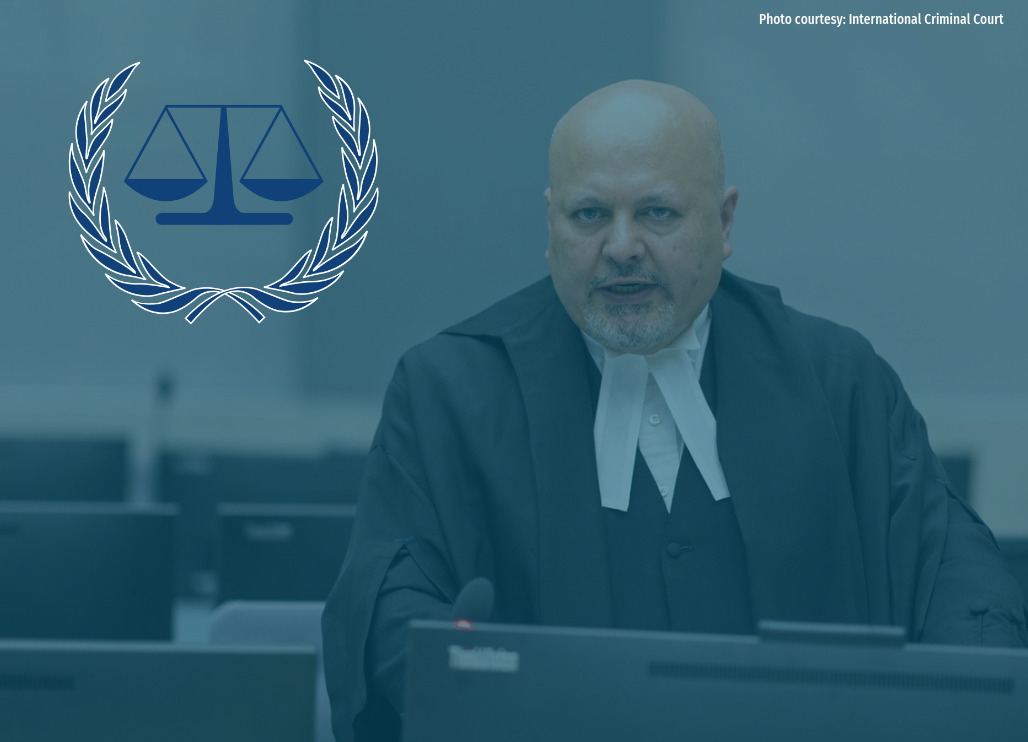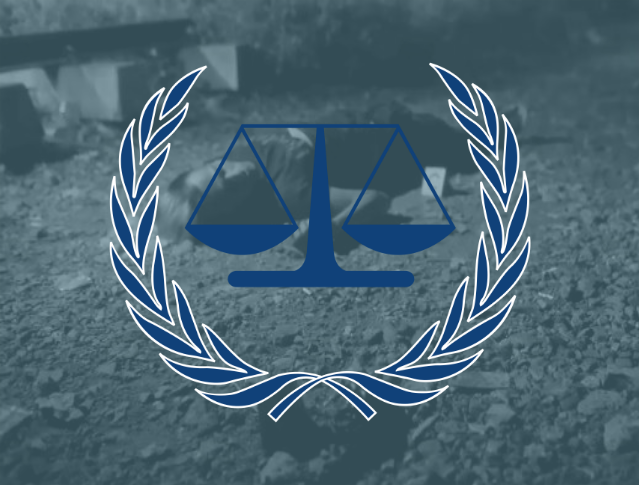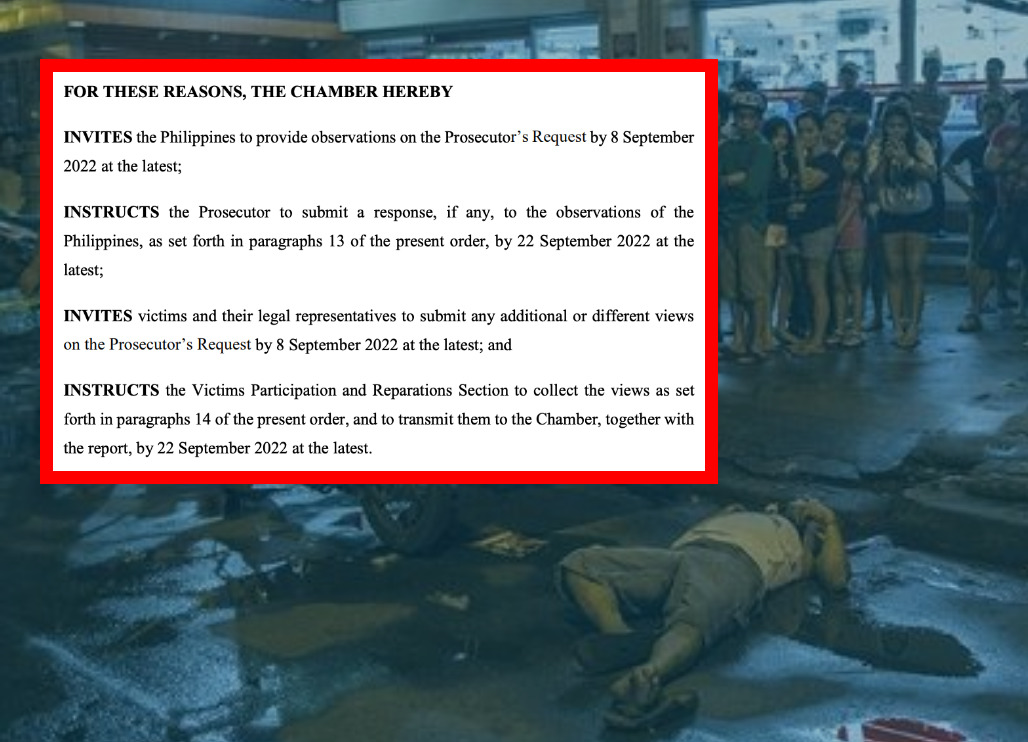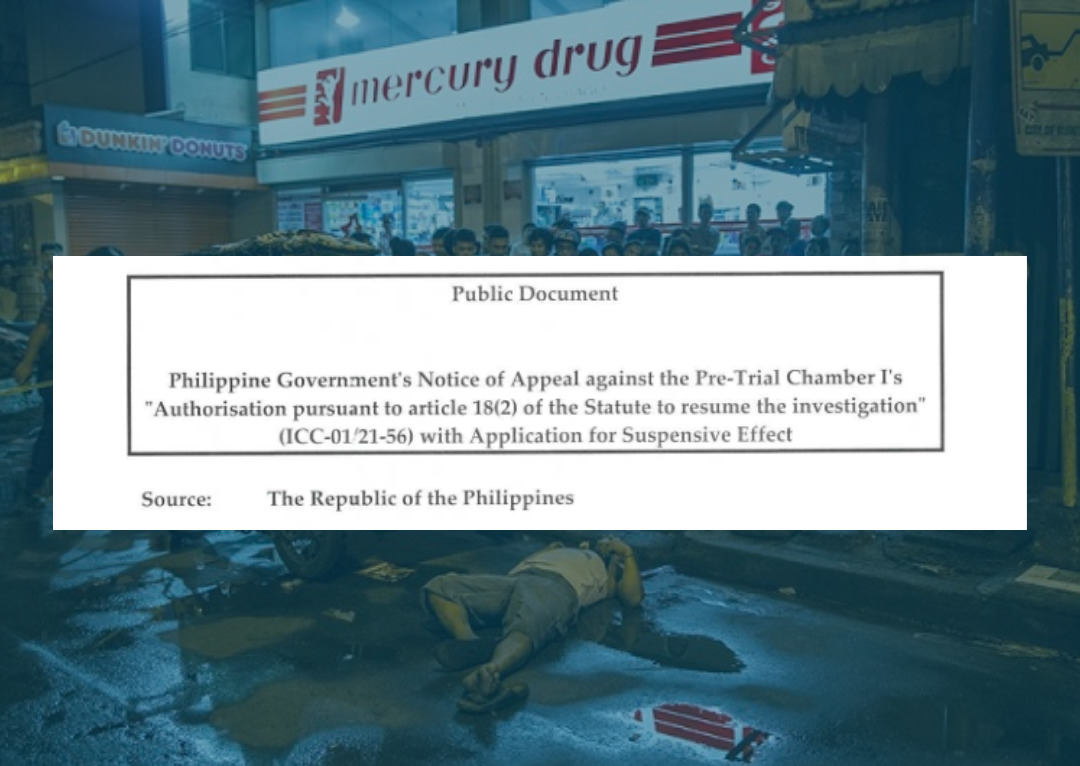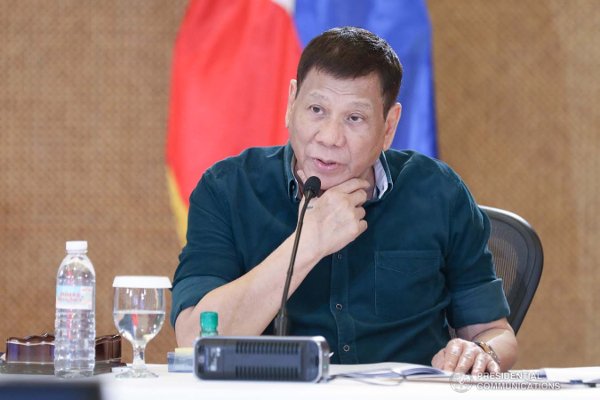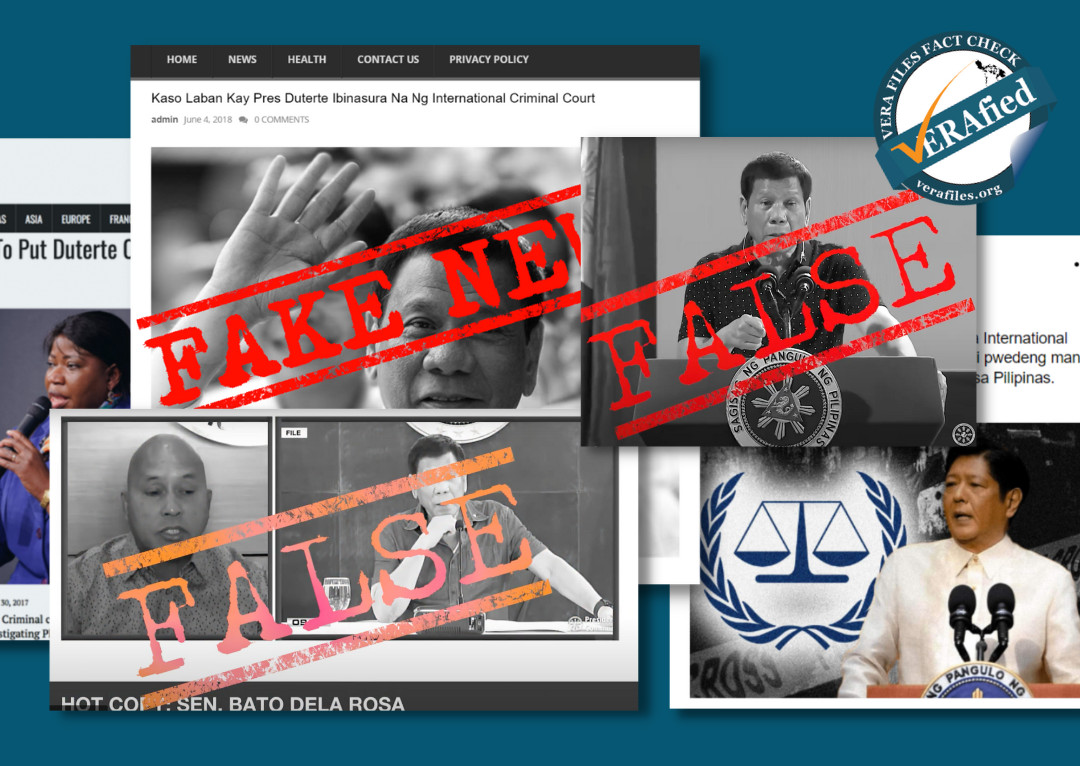Human rights groups welcomed on Saturday the move of International Criminal Court (ICC) Prosecutor Karim Khan for the continuation of the investigation into the Philippine drug war after the Duterte administration failed to convince the office that it is investigating all allegations of crimes against humanity.
Maria Elena Vignoli, senior counsel on the International Justice Program of Human Rights Watch, said the move is “a booster shot for accountability.”
According to her, the Duterte administration “has not been serious about justice for these crimes while the victims’ families grieve without redress and those responsible face no consequences.”
Khan announced on Friday, June 24, that he had filed a 53-page request with the ICC Pre-Trial Chamber 1 to allow the resumption of the investigation on the drug war. “There is no indication whatsoever that the [Philippine government] has investigated or is investigating the conduct of police and government leadership,” Khan said, noting that it “appear[ed] to be concerned only with the responsibility of low level (mainly direct) perpetrators.”
In a joint statement, the National Union of People’s Lawyers and the Rise Up for Life and for Rights — two groups providing legal counsel to the families and victims of the drug war — described the request of Khan as a “fitting cap and parting shot” to President Rodrigo Duterte, who is ending his six-year term on June 30.
In November 2021, Khan granted the request of the Duterte administration to suspend the investigation and defer to the local proceedings into the drug war-related cases.
(See Lawyers’ groups ask ICC to dismiss Duterte govt’s ‘paper-thin’ claims on drug war ‘remedies’ and ICC prosecutor: Gov’t request to defer drug war probe must be backed with ‘substantial’ evidence)
“After a careful and thorough review of all the information provided by the Philippines, as well as other information available publicly, provided by third parties, or already in our collection, I have concluded that the deferral requested by the Philippines is not warranted, and that the investigation should resume as quickly as possible,” Khan said.
The prosecutor disclosed that he had informed local authorities about the filing of the request. He also assured that he is still willing to continue the “productive dialogue” with the government and to explore ways on how to effectively cooperate in delivering justice to the drug war victims.
NUPL and Rise Up for Life, in their joint statement, said, “The prosecutor’s searing rejection of the Philippine government’s request for deferral of the investigation is a definitive statement that an investigation, and eventually, a case is timely and necessary.”
They added that their clients will proceed “at the soonest possible opportunity” with registration to participate in the ICC proceedings. They said “[they] will continue to assist the victims who are pushing for an investigation in the Philippines, and prepare ourselves for eventual trial.”
(See VERA FILES FACT SHEET: Five things about the ICC report on victims’ representations)
Malacañang, on the other hand, expressed “exasperation” over Khan’s request, saying the Duterte administration has undertaken investigations on deaths that occurred “from lawful drug enforcement operations.” It also argued that the efforts of the government to address “alleged flaws” in the drug war are backed by the United Nations Joint Programme on Human Rights (UNJPHR), which began in July 2021. (See UN body offers technical aid to Duterte admin to improve PH human rights situation)
“Let these efforts of the Philippine government run their course; after all, reciprocity is a key principle in the methods of work of the ICC. To veer away from this principle will only reveal the politicization that has infiltrated the ICC’s ranks,” it said.
International law expert Romel Bagares said Khan’s request was “expected,” based on the rules and jurisprudence on complementarity of the Hague-based court.
“As the ICC prosecutor said, Philippine authorities failed to show that the purported investigations they were carrying out on the drug killings “mirror” those by the Office of the Prosecutor of the ICC. The DOJ had a high bar to hurdle here,” Bagares said.
“It [Philippine government] had to show genuine investigations were being done on those most responsible for the alleged killings, and at least two key personalities had been identified by Khan’s office — President [Rodrigo] Duterte and Sen. Bato De la Rosa.” Bagares added.
Under the ICC’s principle of complementarity, its prosecutor may defer his investigation to a state if it proves that there are ongoing and existing local investigations or prosecutions related to crimes under the court’s jurisdiction. But he must also assess that local probes are being conducted “genuinely” and if the state is unwilling or unable to conduct the relevant proceedings.
PH request for deferral lacked substance
Khan said the Philippine government failed to “mirror” the investigation being conducted by his office, saying that “majority” of the information it submitted only relates to administrative and non-penal processes and proceedings. He said “[those] do not seek to establish criminal responsibility, and therefore cannot warrant deferral of the ICC’s criminal investigation.”
The prosecutor cited that four of the initiatives the government submitted were “not penal in nature,” such as the “desk review” conducted by the Department of Justice (DOJ) panel, the special remedy of the writ of amparo, the Administrative Order No. 35 committee and the UNJPHR.
Among the cases the government submitted, he said, only three showed “concrete and progressive investigative steps.” Only the case of teenager Kian Delos Santos, who was killed by three Caloocan police officers in 2017 in a supposed drug operation, involved conviction, among the three cases.
The National Bureau of Investigation filed criminal complaints only last March against the police officers involved in the killing of Jessica Albaran and the wounding of Rolando Antiga and Marvin Supetran in 2016, and Lee Caballes in 2017 in Trento, Agusan Del Sur .
Khan described the task of the DOJ Panel, which has referred 302 cases of drug operations resulting in deaths to the NBI for criminal investigation, as only a “desk review” that “does not constitute investigative activity.” He added that “any such future activities” of the panel, including its review of over 6,000 administrative cases under the Philippine National Police-Internal Affairs Service, would be irrelevant to the government’s deferral request.
He also cited the four writ of amparo cases, including a petition by residents of 28 barangays in San Andres Bukid, Manila in 2017, filed by victims and/or families of those victimized by the Oplan Tokhang of Duterte, that did not lead to criminal investigations.
The prosecutor added that “[t]he Philippines has not asserted that it is investigating any conduct occurring in Davao from 2011 to 2016, any crimes other than murder, any killings outside official police operations, any responsibility of mid- or high-level perpetrators, or any systematic conduct or [s]tate policy.”
Since September 2021, Khan’s office has been investigating allegations of crimes against humanity, such as murder, torture and sexual violence, committed under the Philippine drug war from Nov. 1, 2011 to March 16, 2019. The probe covers the alleged crimes that occurred under Duterte’s drug war from July 1, 2016 to March 16, 2019, and specifically in Davao from as early as November 2011, particularly the killings by the vigilante group “Davao Death Squad.”
(See ICC authorizes full-blown probe into Duterte’s drug war)
Former prosecutor Fatou Bensouda, whose term ended in June 2021, requested last year to investigate allegations that around 12,000 to 30,000 Filipinos died from July 2016 to March 16, 2019 in the hands of the police, military and vigilantes under Duterte’s campaign against illegal drugs.
What’s next?
If Khan’s request is granted, Bagares said, the prosecutor may request the ICC Pre-Trial Chamber to issue a warrant of arrest or summons to suspects who had been identified, in the last phase of his investigation after gathering enough evidence.
“At any time from the grant by the ICC Pre-Trial Chamber of the request for preliminary investigation, the prosecutor may already request the issuance of arrest warrants against the suspects,” he said.
However, he noted that “a protracted delay in the proceedings is unavoidable” because of the Duterte administration’s refusal to cooperate with the investigation of Khan’s office.
Duterte, who ordered the withdrawal of the country as a state party to the founding treaty of the ICC called the Rome Statute in March 2018, has maintained that he does not recognize the jurisdiction of the Hague-based court.
(See VERA FILES FACT SHEET: Duterte’s ‘never-ending’ fight against drugs and corruption in his own words and VERA FILES FACT CHECK: Duterte’s claim on PH non-membership in ICC lacks context)
“A key factor here is that the ICC requires the personal presence of a suspect in the ‘confirmation of charges’ phase, which is the next phase to the completion of the preliminary investigation of the ICC OTP,” Bagares noted.
Read Khan’s request here.
